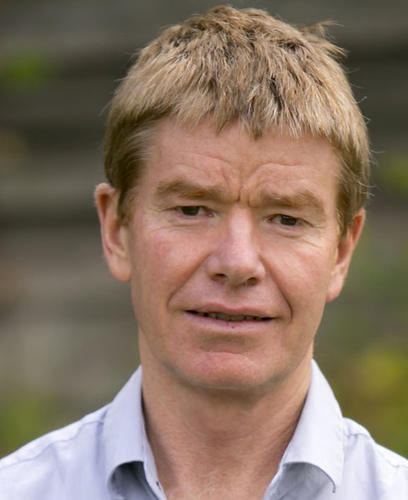
Antarctic biodiversity is much more extensive, ecologically diverse and biogeographically structured than previously thought. Understanding of how this diversity is distributed in marine and terrestrial systems, the mechanisms underlying its spatial variation, and its global significance is growing rapidly. Broadly recognizable drivers of diversity variation include energy availability and historical refugia. Within the diverse and spatially structured microbiota, unusual functional pathways, such as trace gas scavenging, are now known to be essential in carbon-poor systems. The impacts of local human activities and global environmental change pose challenges to Antarctic biodiversity and current understanding thereof despite relative isolation of the region. Life in the Antarctic and the Southern Ocean is surprisingly rich, and as much at risk from environmental change as it is elsewhere.
Steven Chown is Professor of Biological Sciences at Monash University, Melbourne, Australia. He founded and was inaugural Director of the South African National Centre of Excellence for Invasion Biology (2004-2012) and was previously Head of the School of Biological Sciences at Monash University (2013-2017). He now co-leads the Sustainable Development Strategy Group at Monash. A key part of his research concerns the biological impacts of the major global change drivers, with a substantial focus on the Antarctic and Southern Ocean. He has published widely, including some 400 scientific papers and several scientific and popular books. For many years, he has represented the Scientific Committee on Antarctic Research (SCAR) at the Antarctic Treaty Consultative Meetings. Currently he is President of SCAR, Australian Delegate to SCAR, and Chair of the National Committee for Antarctic Research of the Australian Academy of Science. Previously he was South African Delegate to SCAR and Chair of the South African National Committee for SCAR. Steven is the inaugural recipient of the Tinker-Muse Prize for Science and Policy in Antarctica. He has also received the SCAR Medal for Excellence in Antarctic Research, the South African Antarctic Gold Medal, and the Zoological Society of Southern Africa Gold Medal.